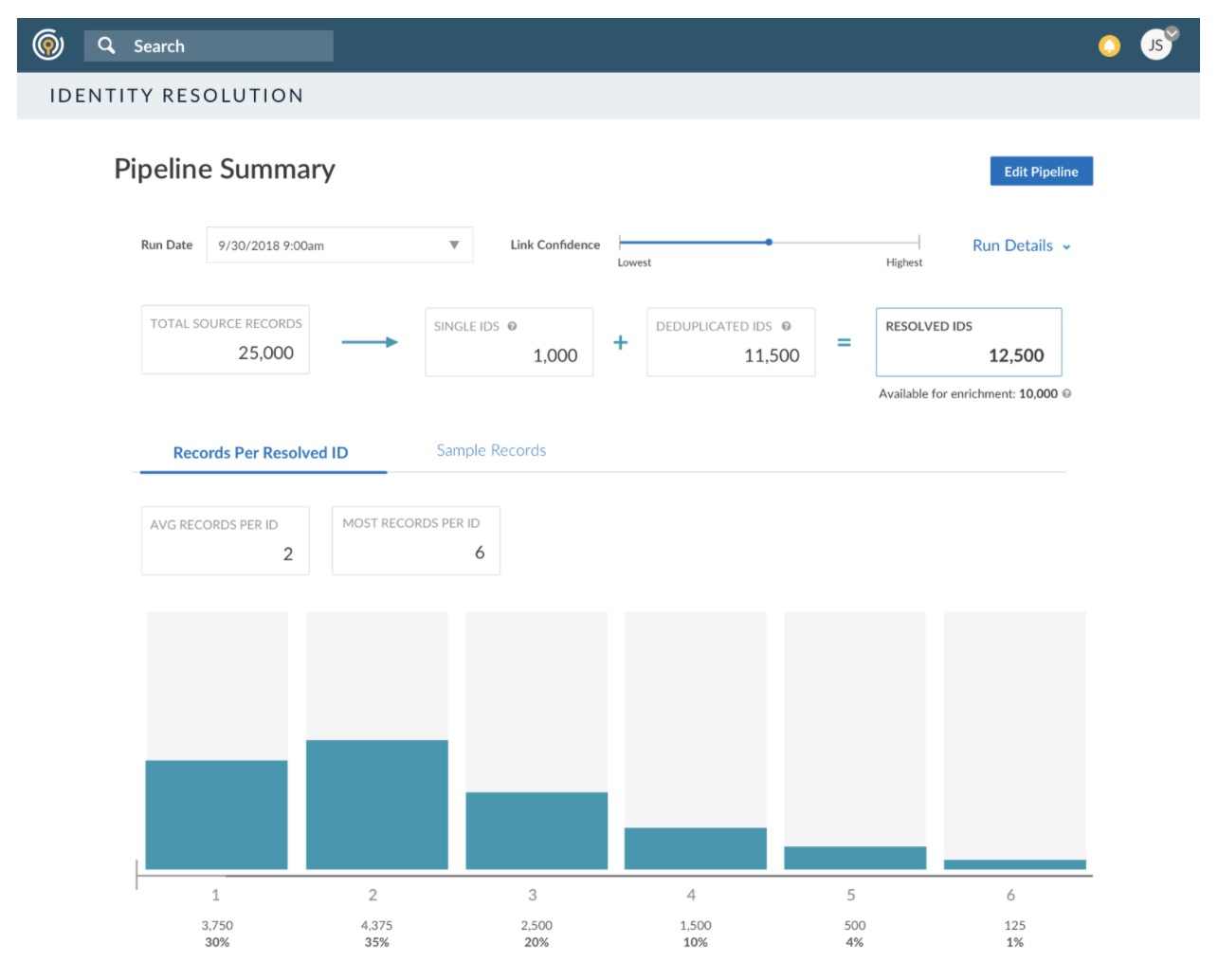Here at Civis, we’re curious, and we like numbers. Sometimes, just for fun, we’ll pull publicly available data and see what interesting macro trends we can find. At the end of 2018, we were looking at IRS 990 data (public information on nonprofit performance) and thought “hey, wouldn’t it be cool to share our findings with more people?” So we brought in our friends at Fast Company, shared the numbers, and let them take it from there.




